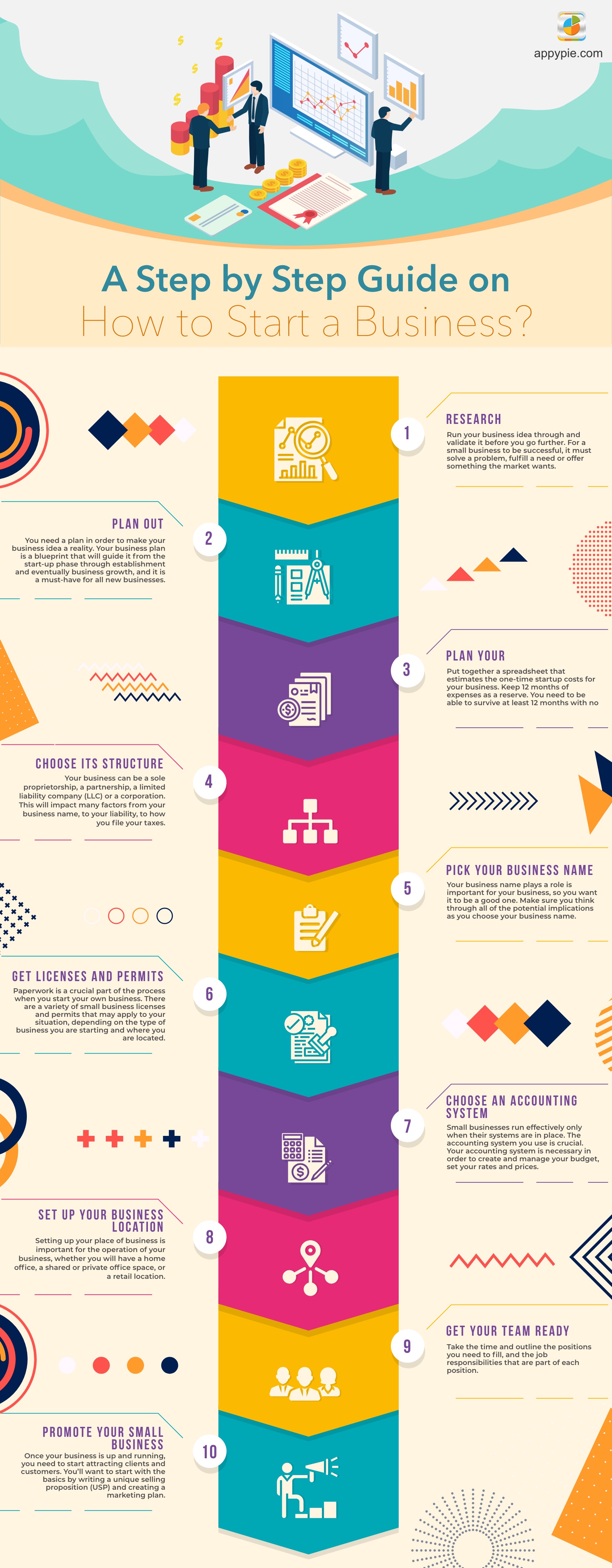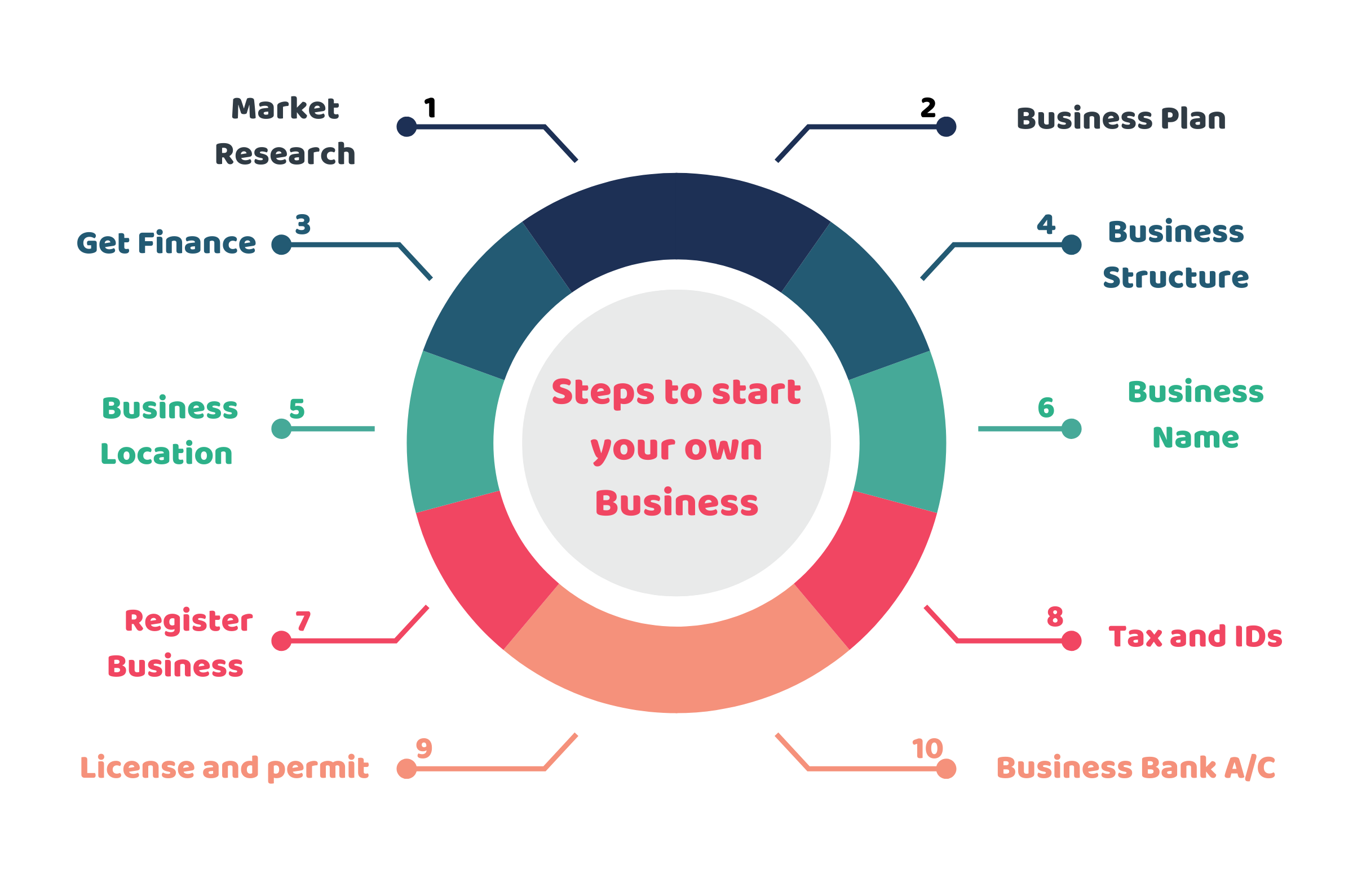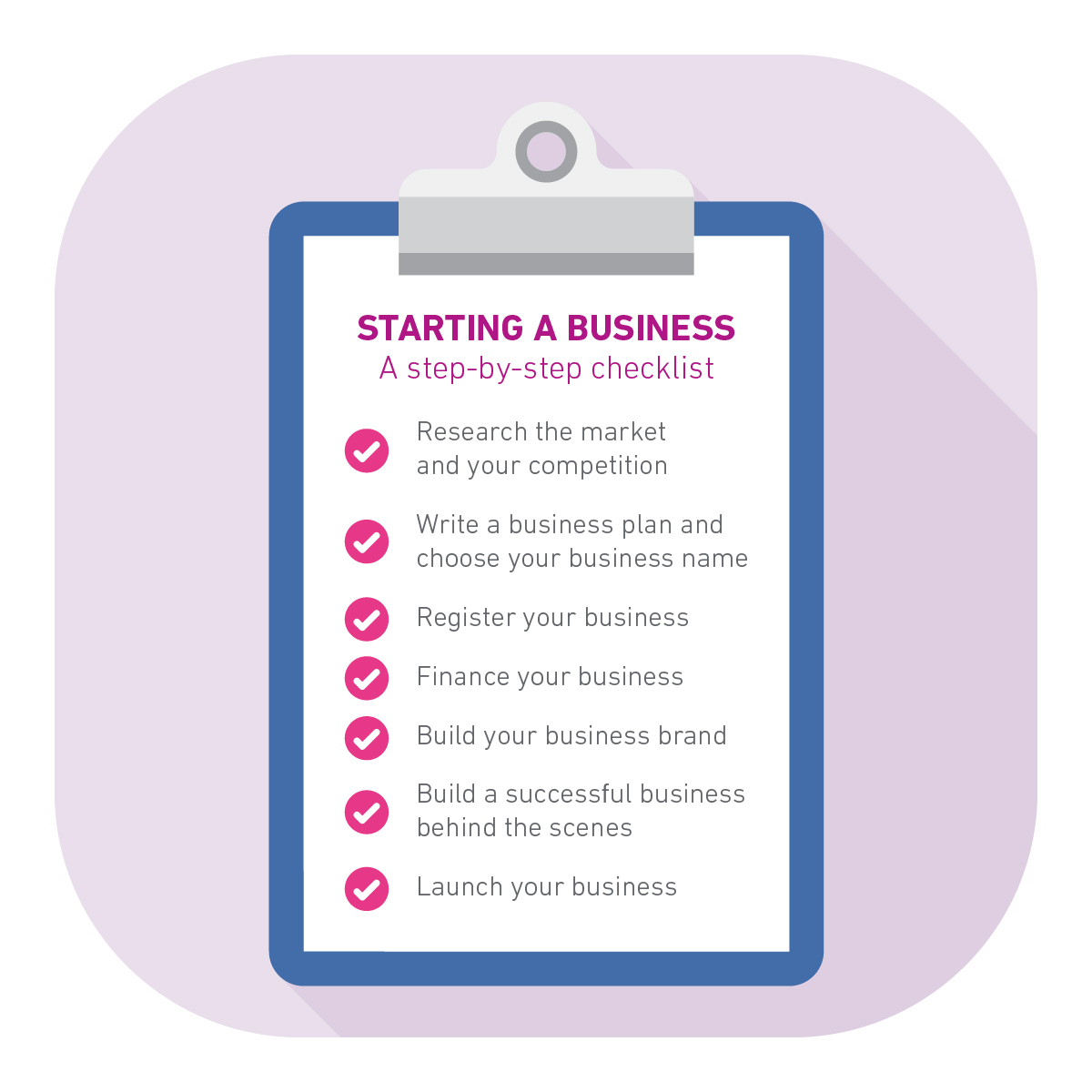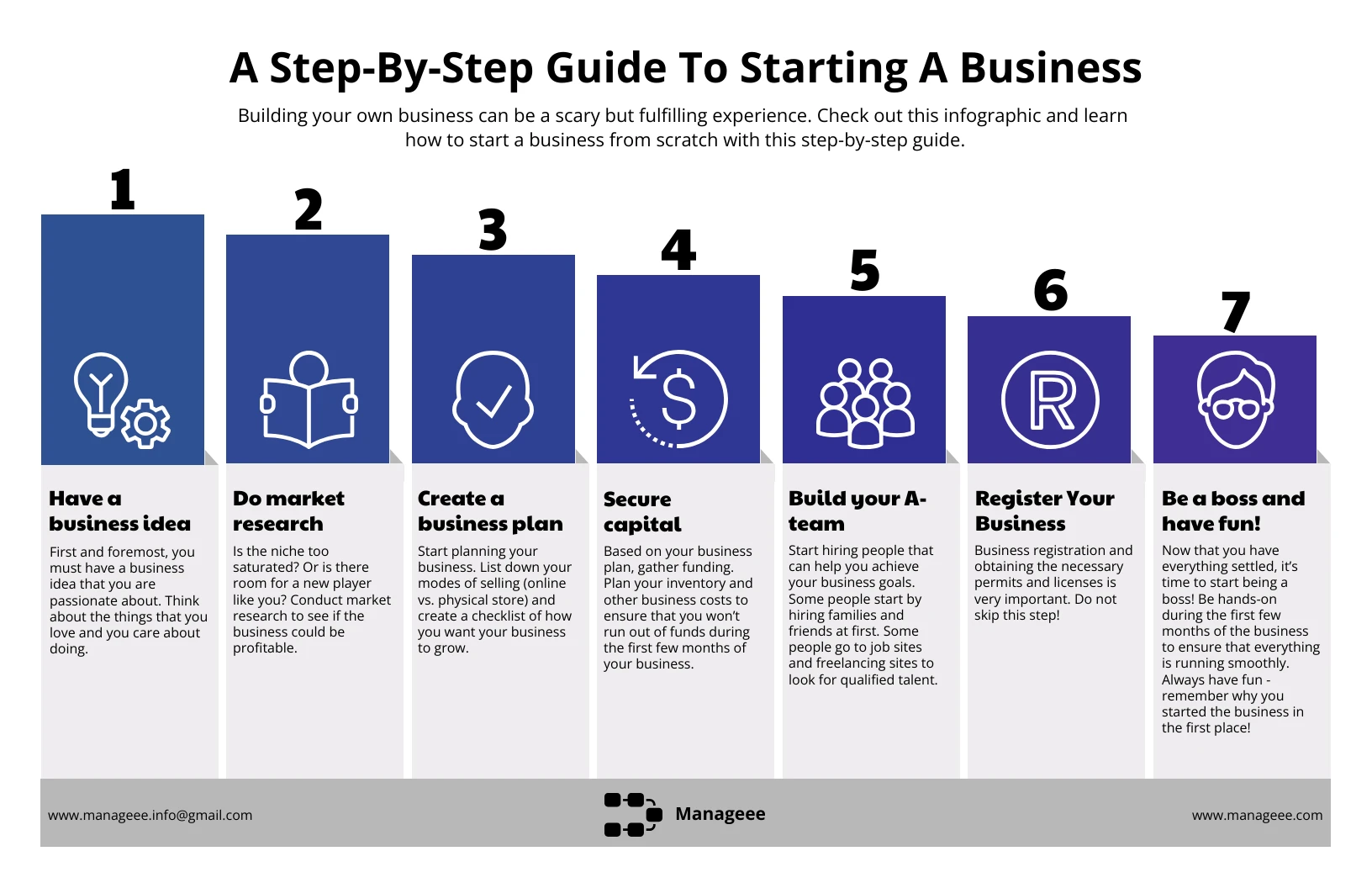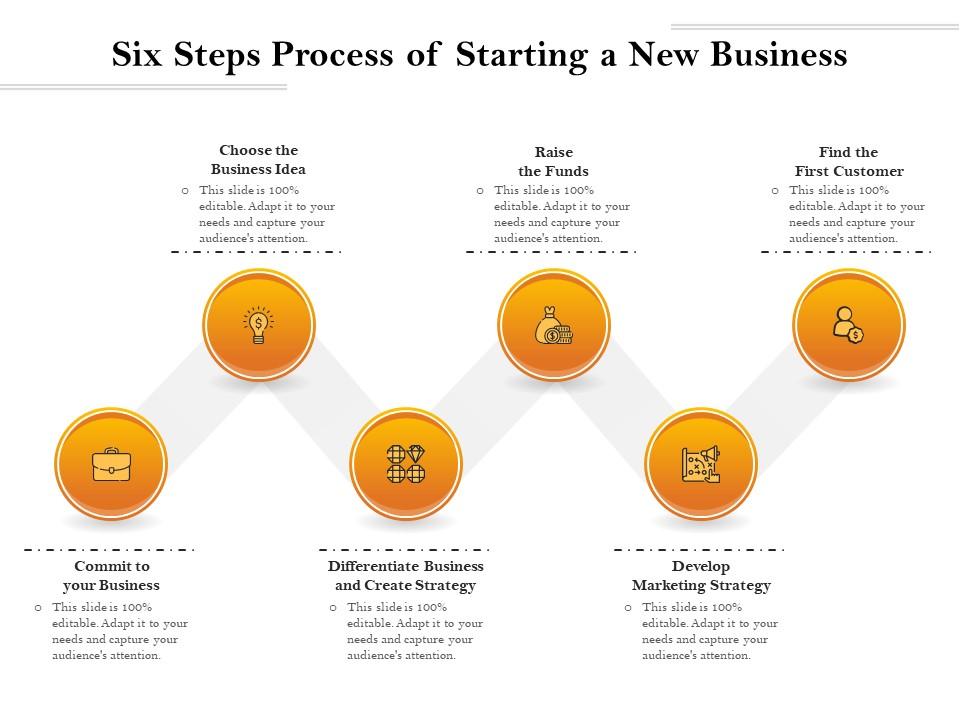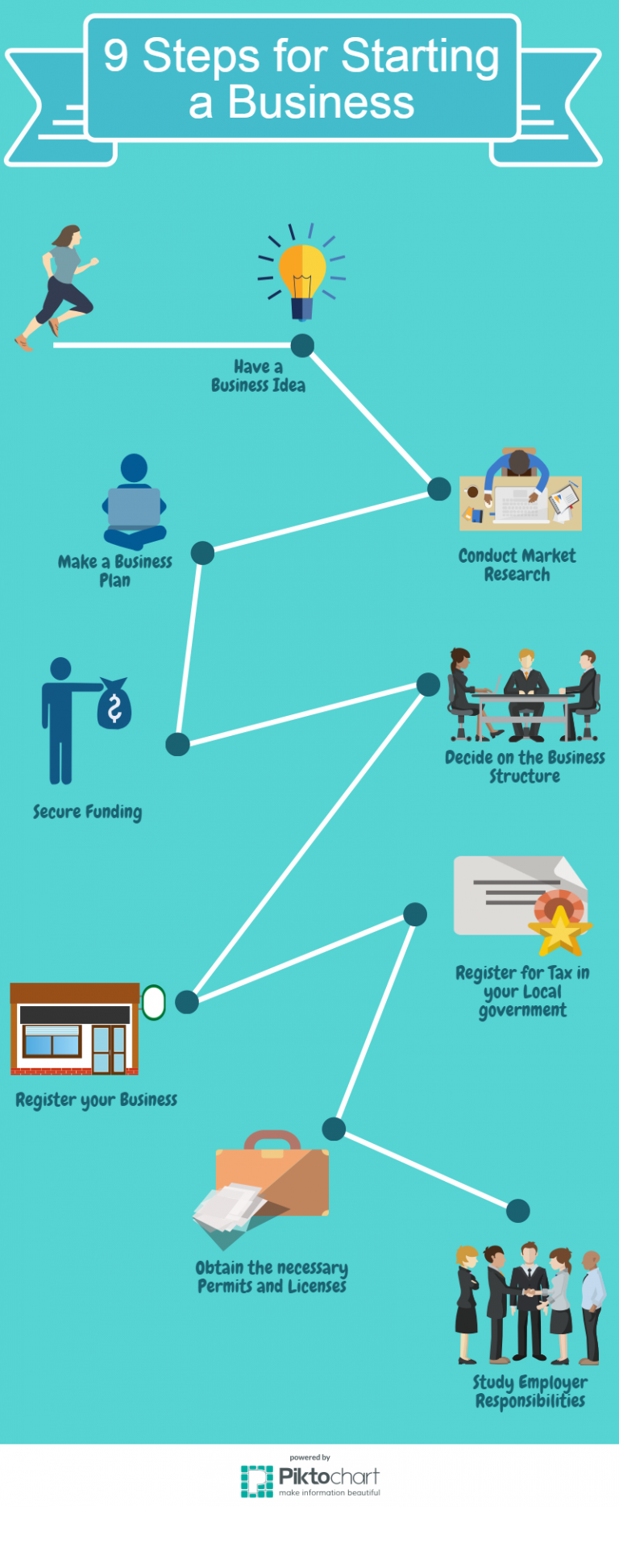Steps To Take When Starting A Business
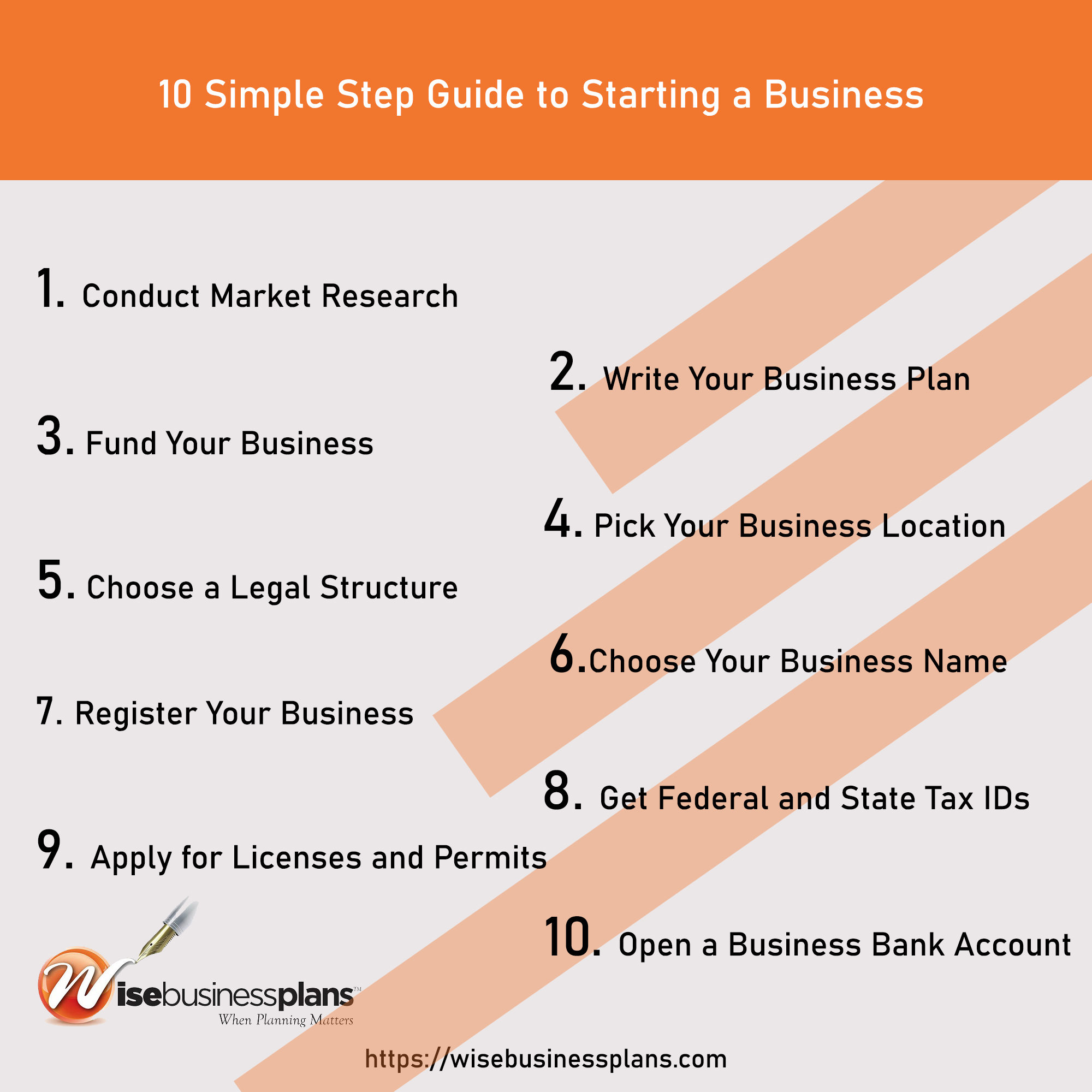
Launching a business? Don't dive in headfirst without a plan. These are the crucial steps you need to take *now* to set your venture up for success.
This guide provides a distilled, actionable roadmap for aspiring entrepreneurs, covering everything from validating your idea to securing funding and beyond. Ignoring these steps could cost you time, money, and even your entire business.
1. Validate Your Idea - Is There a Real Need?
Don't assume your idea is brilliant without proof. Talk to potential customers.
Conduct market research, surveys, and competitor analysis to identify gaps and opportunities.
Market research is your best friend here; resources are available through the Small Business Administration (SBA) and local chambers of commerce.
2. Develop a Solid Business Plan – Your Roadmap to Success
A business plan is *not* optional. It outlines your goals, strategies, and financial projections.
Include a detailed description of your product or service, target market, marketing plan, and financial forecasts. The SBA offers templates and guidance to help you craft a winning plan.
This ensures you have a clear vision and attracts potential investors or lenders.
3. Secure Funding – Fueling Your Growth
Starting a business often requires capital.
Explore various funding options: personal savings, loans from banks or credit unions, angel investors, venture capital, or crowdfunding.
Grants are also available for specific demographics and sectors; check with government agencies and industry associations.
4. Choose a Business Structure – Legal Foundation
Select the right legal structure for your business: sole proprietorship, partnership, LLC, or corporation.
Each has different implications for liability, taxes, and administrative requirements.
Consult with a lawyer or accountant to determine the best structure for your specific needs. LLCs offer personal liability protection, a key consideration for many startups.
5. Register Your Business – Make it Official
Register your business name with the appropriate government agencies.
Obtain the necessary licenses and permits at the federal, state, and local levels.
The specific requirements vary depending on your location and industry. Failure to comply can result in fines and legal penalties; check with your state's Secretary of State office.
6. Open a Business Bank Account – Keep Finances Separate
Don't mix personal and business finances.
Open a separate business bank account to track income and expenses.
This simplifies accounting, tax preparation, and protects your personal assets. Many banks offer specialized services for small businesses; shop around for the best rates and features.
7. Build Your Brand – Stand Out From the Crowd
Your brand is more than just a logo.
It's the overall perception of your business. Develop a strong brand identity, including a unique name, logo, and messaging that resonates with your target audience.
Invest in marketing and advertising to build brand awareness and attract customers. Social media is a powerful (and often free) tool to engage with your audience.
8. Get Insured – Protect Your Assets
Protect your business from potential risks.
Obtain the necessary insurance policies, such as general liability, property, and workers' compensation.
The amount of coverage will depend on your industry and operations. Speak with an insurance broker to assess your specific needs.
9. Network, Network, Network – Build Your Support System
Starting a business can be isolating.
Attend industry events, join business organizations, and connect with other entrepreneurs.
Networking provides opportunities to learn from others, find mentors, and build partnerships. The U.S. Chamber of Commerce is a great resource for finding local networking opportunities.
What's Next?
Implement these steps immediately to build a solid foundation for your business. Continue to learn, adapt, and refine your strategies as your business grows.
The journey of entrepreneurship is challenging, but with careful planning and execution, you can increase your chances of success. Remember to consult with experts and seek guidance when needed; resources are readily available.
Stay informed about industry trends and changes to regulations to ensure your business remains compliant and competitive.
![Steps To Take When Starting A Business How to Start a Business: A Startup Guide for Entrepreneurs [Template]](https://blog.hubspot.com/hs-fs/hubfs/tips-for-starting-a-business.png?width=1125&name=tips-for-starting-a-business.png)
![Steps To Take When Starting A Business How to Start a Small Business in 13 Steps [2024 Guide] - Step By Step](https://stepbystepbusiness.com/wp-content/uploads/2022/01/How-to-Start-a-Business_Challenges-1.jpg)
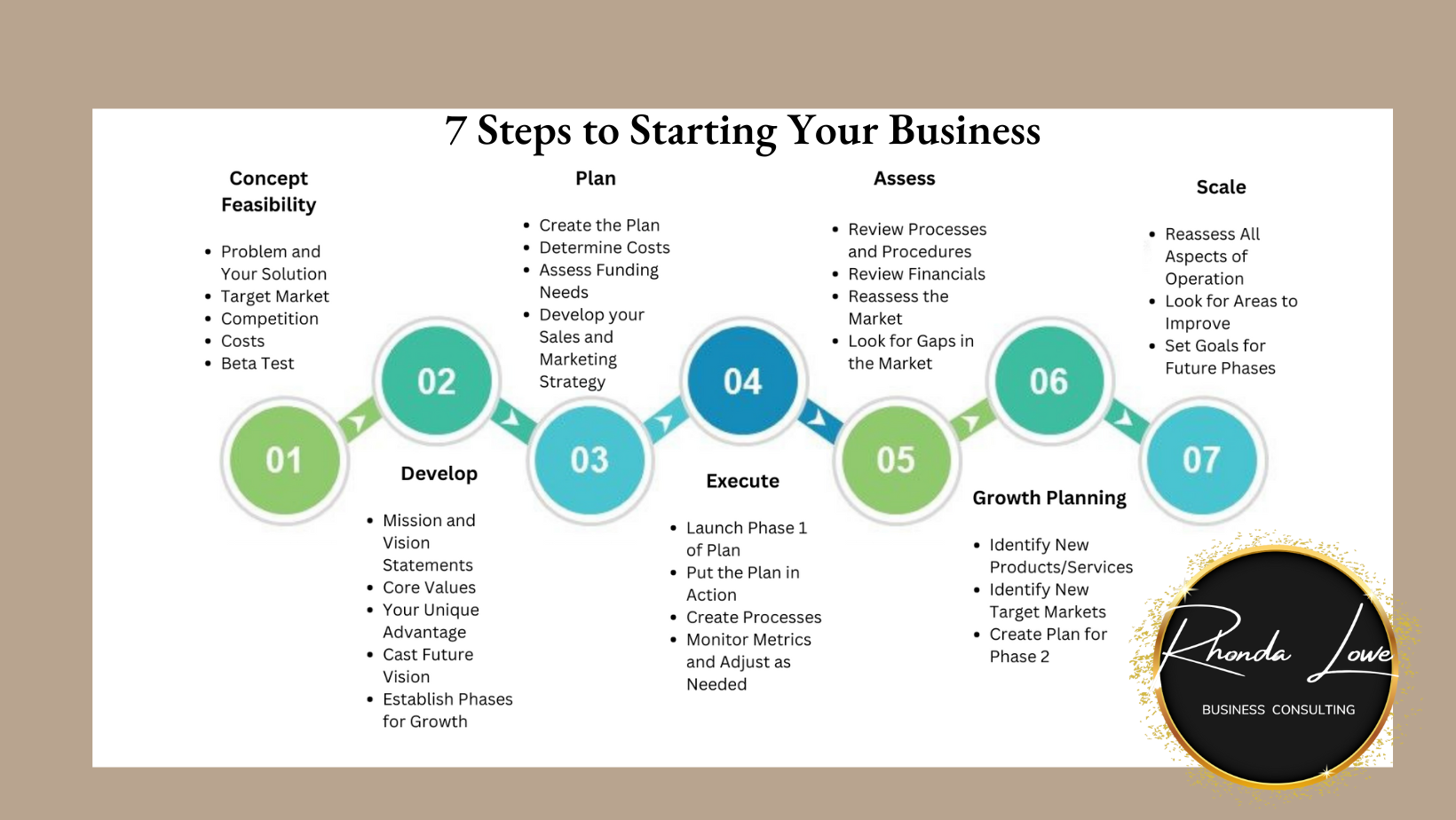
:max_bytes(150000):strip_icc()/How-to-start-a-business-7970202_final-81fb19e7d1cd43b8bf1e29b4c50e05b9.png)


